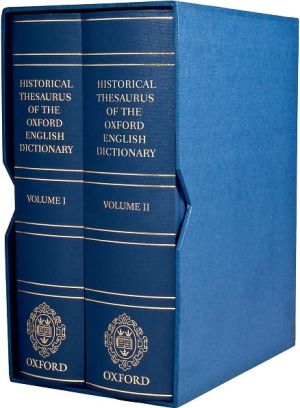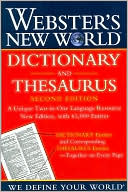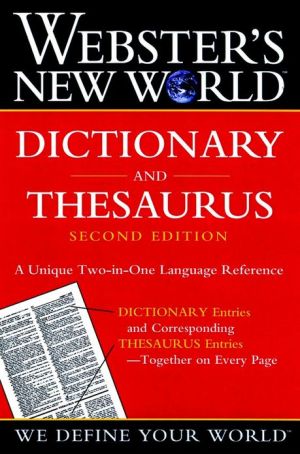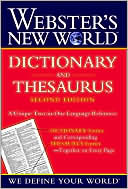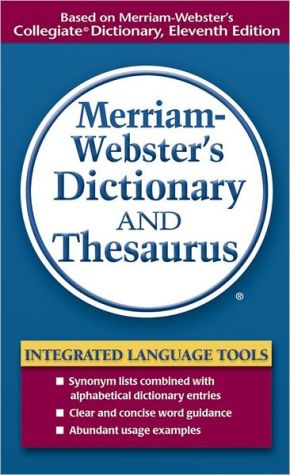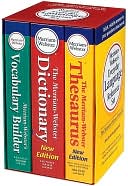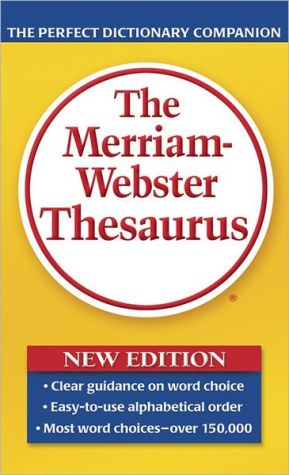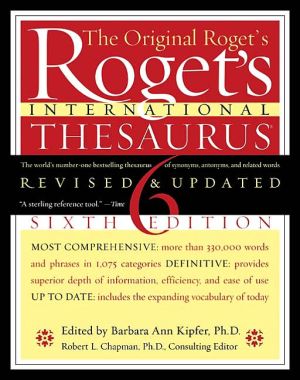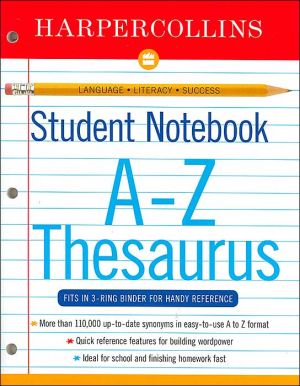Historical Thesaurus of the Oxford English Dictionary: With Additional Material from A Thesaurus of Old English
A 40-year project in the making, the Historical Thesaurus of the Oxford English Dictionary is the first historical thesaurus to include almost the entire vocabulary of English, from Old English to the present day. Conceived and compiled by the Department of English Language of the University of Glasgow, the Historical Thesaurus of the Oxford English Dictionary is a groundbreaking analysis of the historical inventory of English, allowing users to find words connected in meaning throughout the...
Search in google:
A 40-year project in the making, the Historical Thesaurus of the Oxford English Dictionary is the first historical thesaurus to include almost the entire vocabulary of English, from Old English to the present day. Conceived and compiled by the Department of English Language of the University of Glasgow, the Historical Thesaurus of the Oxford English Dictionary is a groundbreaking analysis of the historical inventory of English, allowing users to find words connected in meaning throughout the history of the language.The Historical Thesaurus of the Oxford English Dictionary is a unique resource for word-lovers of all types-linguists and language specialists, historians, literary commentators, among others-as well as being a fascinating resource for everyone with an interest in the English language and its historical development. It is a perfect complement to the OED itself, allowing the words in the OED to be cross-referenced and viewed in wholly new ways. Library Journal Forty years in the making, this one-of-a-kind historical thesaurus claims to be the first to include "almost the entire vocabulary of English, from Old English to the present day," covering more than 920,000 words and meanings and documenting, through data from the Oxford English Dictionary, how words with similar meaning have developed over time. The editors at Oxford devised their own classification system to organize the material topically, similar to how Roget's is organized. The thesaurus (Volume 1) consists of three distinct sections, covering the external world, the mind, and society. Within each section, lengthening numeric codes identify increasingly specific topics, with separate paragraphs for different parts of speech. For example, first the noun-phrase "mental capacity" is coded 02.01. Adjacent paragraphs for the noun "intelligence" and the adjective "intelligent" share numeric code 02.01.08.01. The more specific concept of "sharp/shrewd" has a longer number, 02.01.08.01.02. Presenting entries with gradually narrowing shades of meaning represents careful scholarship and a valuable tool; browsing also becomes stimulating. Unfortunately, Volume 2, the index, is not as effective in guiding readers to specific entries. It lists the codes only, without hints/headwords regarding the shades of meaning included in an entry. Such hints are included in modern versions of Roget's, such as Roget's International Thesaurus, 6th ed. (HarperResource, 2002). In Oxford, 13 entries for the transitive verb "rock" are listed in the index, leaving readers to guess which entry to pursue. BOTTOM LINE Despite some issues with the index, this is a landmark achievement that all academics and largeresearch libraries should own. Although useful as a print resource, the set would reach its full potential as an online research tool. [Oxford has no immediate plans for an electronic counterpart.—Ed.]—Marianne Orme, Des Plaines P.L., IL
\ Library JournalForty years in the making, this one-of-a-kind historical thesaurus claims to be the first to include "almost the entire vocabulary of English, from Old English to the present day," covering more than 920,000 words and meanings and documenting, through data from the Oxford English Dictionary, how words with similar meaning have developed over time. The editors at Oxford devised their own classification system to organize the material topically, similar to how Roget's is organized. The thesaurus (Volume 1) consists of three distinct sections, covering the external world, the mind, and society. Within each section, lengthening numeric codes identify increasingly specific topics, with separate paragraphs for different parts of speech. For example, first the noun-phrase "mental capacity" is coded 02.01. Adjacent paragraphs for the noun "intelligence" and the adjective "intelligent" share numeric code 02.01.08.01. The more specific concept of "sharp/shrewd" has a longer number, 02.01.08.01.02. Presenting entries with gradually narrowing shades of meaning represents careful scholarship and a valuable tool; browsing also becomes stimulating. Unfortunately, Volume 2, the index, is not as effective in guiding readers to specific entries. It lists the codes only, without hints/headwords regarding the shades of meaning included in an entry. Such hints are included in modern versions of Roget's, such as Roget's International Thesaurus, 6th ed. (HarperResource, 2002). In Oxford, 13 entries for the transitive verb "rock" are listed in the index, leaving readers to guess which entry to pursue. BOTTOM LINE Despite some issues with the index, this is a landmark achievement that all academics and largeresearch libraries should own. Although useful as a print resource, the set would reach its full potential as an online research tool. [Oxford has no immediate plans for an electronic counterpart.—Ed.]—Marianne Orme, Des Plaines P.L., IL\ \
